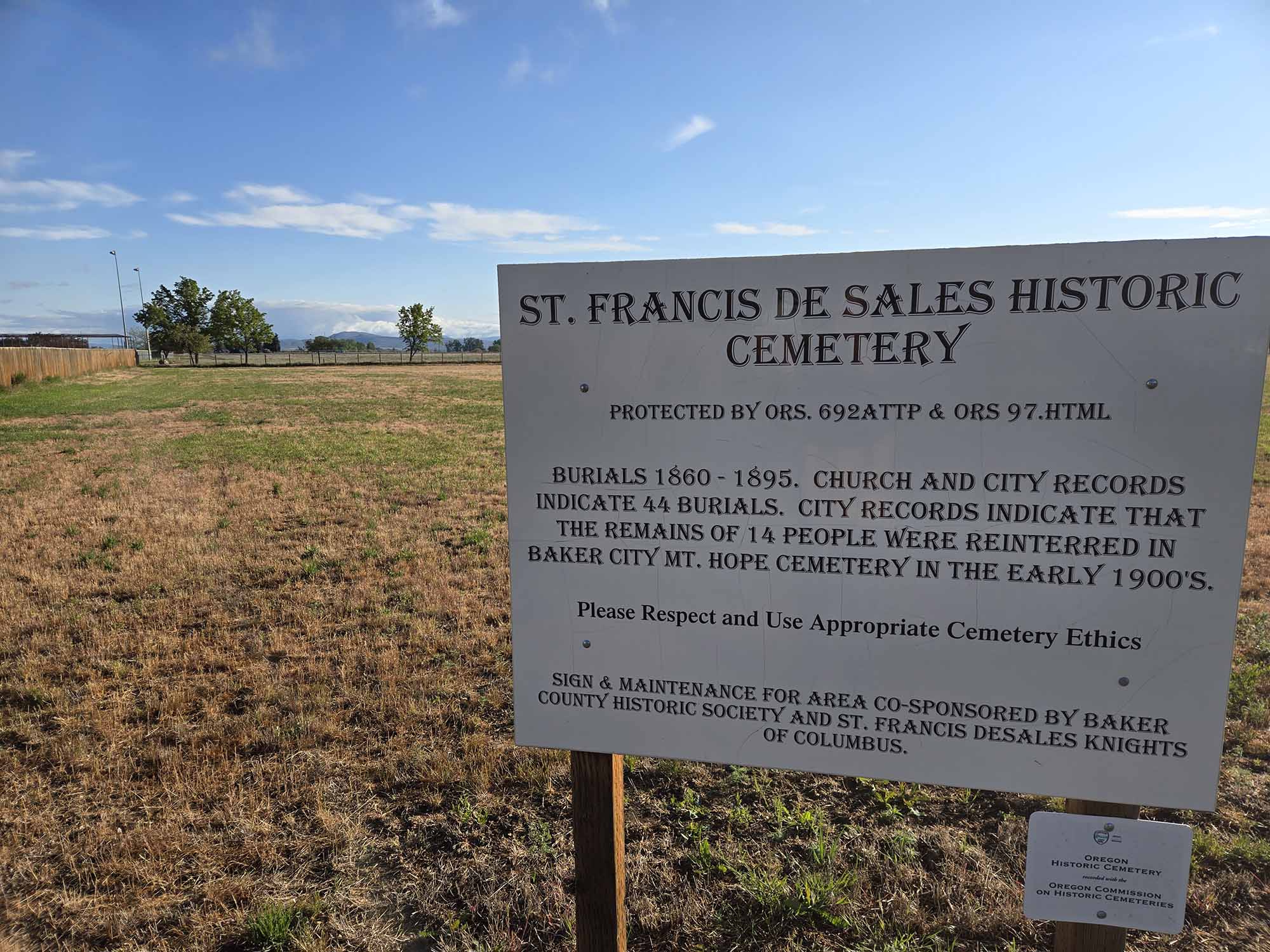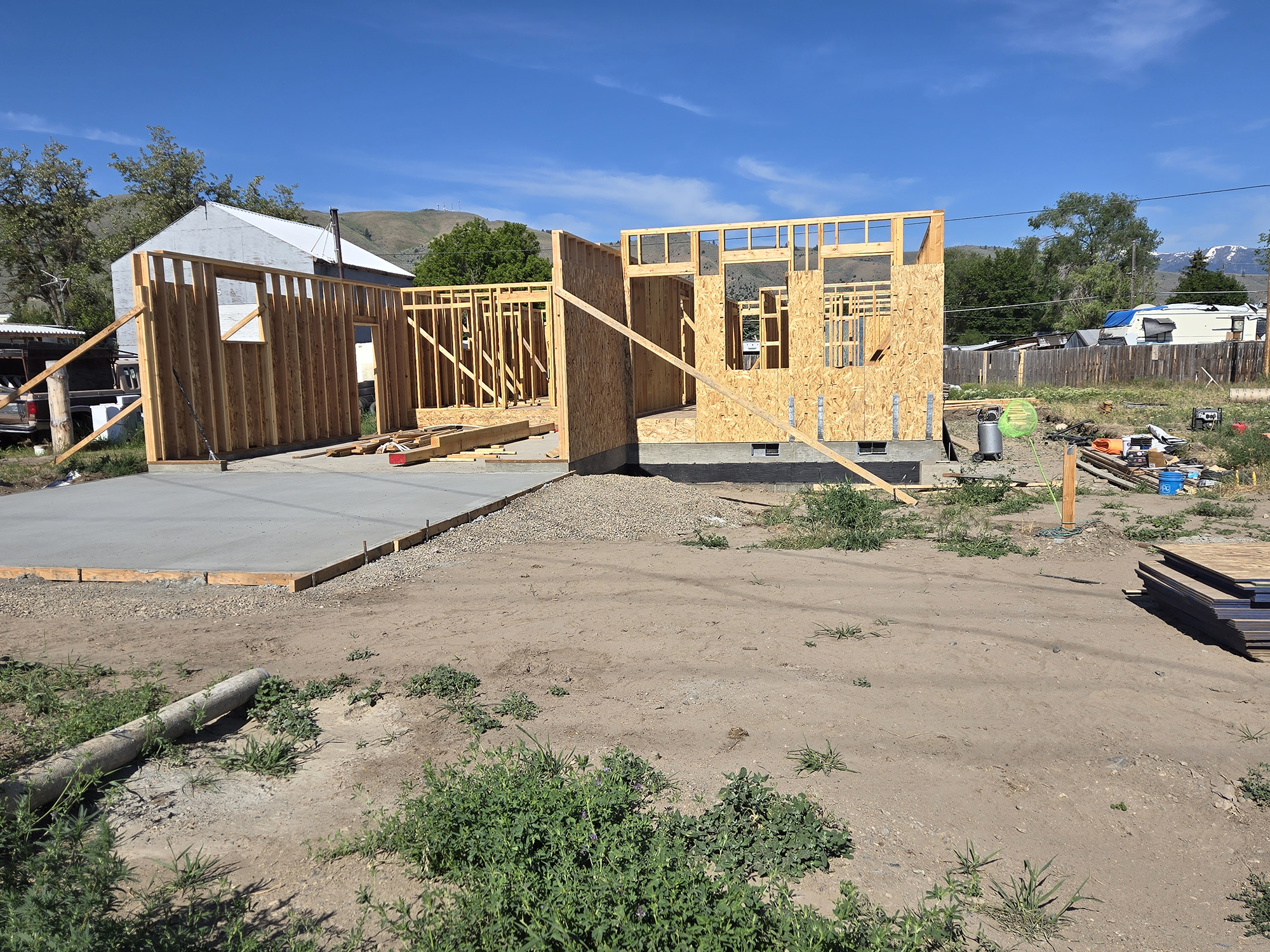Why Black History Month enriches our understanding
Published 12:45 pm Wednesday, January 25, 2023

- Bogart
History, like journalism, is subject to bias and interpretation. In spite of journalists’ efforts to report the facts fairly and objectively, it’s pretty clear from a quick check of today’s news outlets that those facts are reported differently depending on the perspective and background of the reporters, and their bosses.
Trending
So, too, it is with history. Historians cannot shed their experiences and prior education in order to achieve true objectivity. Just the first step, deciding which events to report, requires subjective decisions about what is worth reporting. The history of the United States, going back to the arrival of Europeans in the “New World,” is over 500 years long. That means a lot of decisions have been made to determine what and how to report our history.
That brings us to Black History Month. Why does the United States set aside a month for such recognition? Why not a White History Month? The short answer is that American students have studied white history for over 500 years. We’ve studied about the explorers and conquerors from Europe, the politicians and generals, the scientists and inventors, the philosophers and poets, the titans of business and, sometimes, even the common man. But, until the last few decades, nearly all of those subjects were described from a white perspective.
That’s all very understandable when you consider that the writers of our history were mostly white men. I believe that the vast majority were good, honest, intelligent men. But, as reporters of the past, they could only report what they had learned and tell it from their point of view.
Trending
Some people object to the wave of Black history hitting bookshelves today and the effort to bring more of that content into school classrooms. Those books and lessons are biased, the critics point out. “True,” I say, but isn’t that ironic? “They’re trying to rewrite history,” some say. But I believe their work can enrich our understanding of history.
Perhaps modern historians are filling in some significant gaps in our understanding. For example, we learned early on that George Washington, James Madison and Thomas Jefferson fought for our liberty. Shouldn’t we understand them in the context of their times? Is it wrong to admit that they were three of the dozen presidents who were slaveholders? Washington and Jefferson had the most, with several hundred African Americans, who had no rights under the Constitution, working on their plantations.
In order to understand our history, isn’t it beneficial to know that many slaveholders, including Thomas Jefferson, fathered children with enslaved women?
And isn’t it important to know more about slavery’s role in the dramatic transformation of 13 isolated colonies into a leading economic power? Our history has always recognized the roles of leadership, innovation, and new economic and political systems, but there is more to the story.
A fuller understanding comes from knowing about the huge advantage of free, or nearly free, land and labor in the developing young nation. From small farms to vast plantations, agricultural lands increased rapidly as new territories and states were acquired.
But land alone couldn’t change the economic landscape without a continual source of workers to maximize production of tobacco, rice, sugar, and especially, cotton. While business owners in the North and in Europe spoke disapprovingly of slavery, they also were enriched by the practice as textile production, shipping, banking and many associated industries prospered.
In studying the Civil War, I remember learning about generals and their battles. And we learned that Abraham Lincoln “freed the slaves.” However, there was little discussion about his motives and the timing of the Emancipation Proclamation two years after the war began.
And what did that “freedom” look like for people who had no money, education or experience outside of the plantations?
Sadly, I have let slavery dominate this discussion, but the truth is that much of Black history is woven into the fabric of America. Yet so little has been recognized in our education.
For example, African Americans have served our country loyally, and often disproportionately, in every one of our wars, including the Revolution which brought liberty to the white colonists. Only in adulthood did I become aware of the success and later destruction of so-called “Black Wallstreet” of Tulsa, Oklahoma.
Hundreds were killed and over a thousand homes were burned in the Tulsa Race Massacre of 1921. Yet, I had never heard of it until after I graduated from college.
While lynching was mentioned in textbooks, the presentation was general and impersonal. We didn’t learn about real individuals, like Emmett Till, who was tortured and killed by a white mob.
Nor did classes include information about the revolution in Haiti in which the French were defeated by their former slaves, who following the example of American revolutionaries in seeking a government “of the people and by the people.”
We also didn’t hear of the revolts of Blacks within our borders that were crushed by American soldiers. Sadly, much of our knowledge of Black history and culture comes from sports and entertainment, and especially from movies. However, Black leaders in every field from science to art and from literature to politics have contributed to our nation’s rich history.
The study of history is a messy process. It starts with recognizing the biases of those who report on our past. History includes facts, but requires true scholarship to distinguish them from the myths and conjecture that are prevalent. And it involves reconciling uncomfortable contradictions, like the heroes of liberty who used slave labor to build and maintain their fortunes. That requires knowing that history is about the activities of real human beings with their own experiences, strengths and flaws.
Studying history involves learning things we might prefer not to know. But if we are to benefit fully from history, we need to face the challenges it presents. I’d also like to believe that the study of history needs to include all kinds of people, not just the famous and powerful. The lives of everyday people are just as important to understanding where our world has been and where it is going.
We must also know that no one can change history; what has happened is settled. What we can change is our understanding, and for that we need to study critically with open minds and a willingness to pursue the truth, no matter how uncomfortable that might be.








